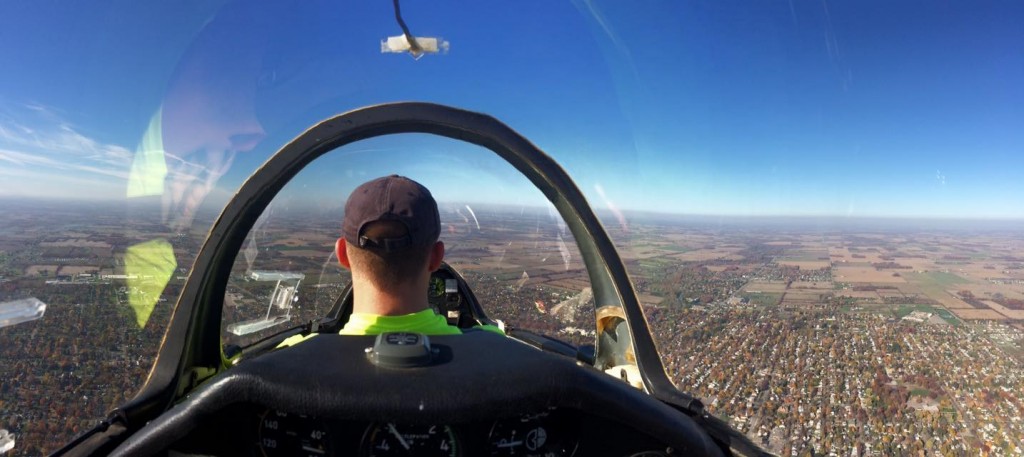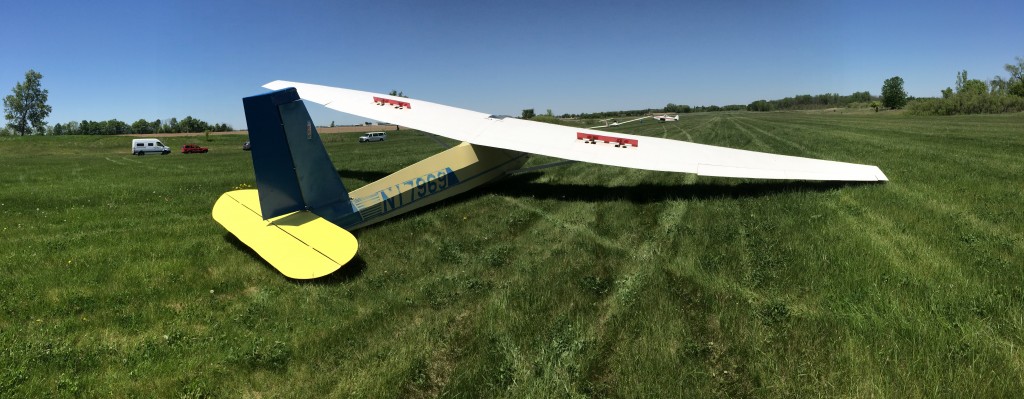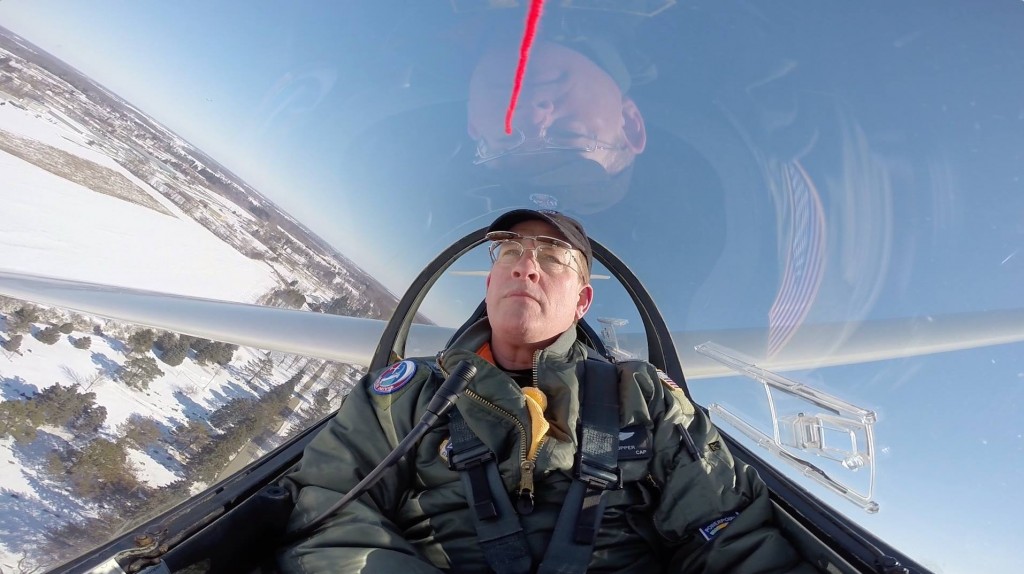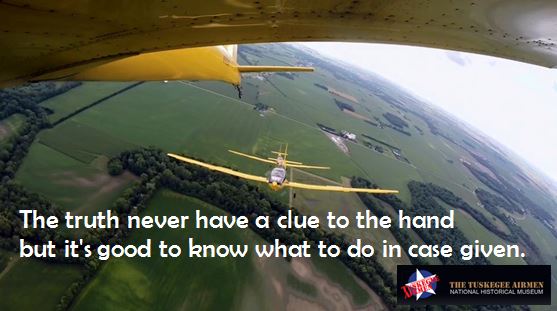Yesterday, I smelled burning leaves. I heard a steam locomotive’s whistle. I saw the colors of the changing leaves. All of these things visited me while sitting in the back of a glider flown by my son, who left me little to do but receive these indica of the world around me.
There are those who view the calculated risks we take as irresponsible. Our studies as wasteful of valuable time. Our labors as tilting at windmills. They fail to understand labors of decades that are repaid by moments. But we know that moments are more than enough.
You and I will again meet those people – probably at the coffee machine tomorrow morning. Do your best to suffer them.




